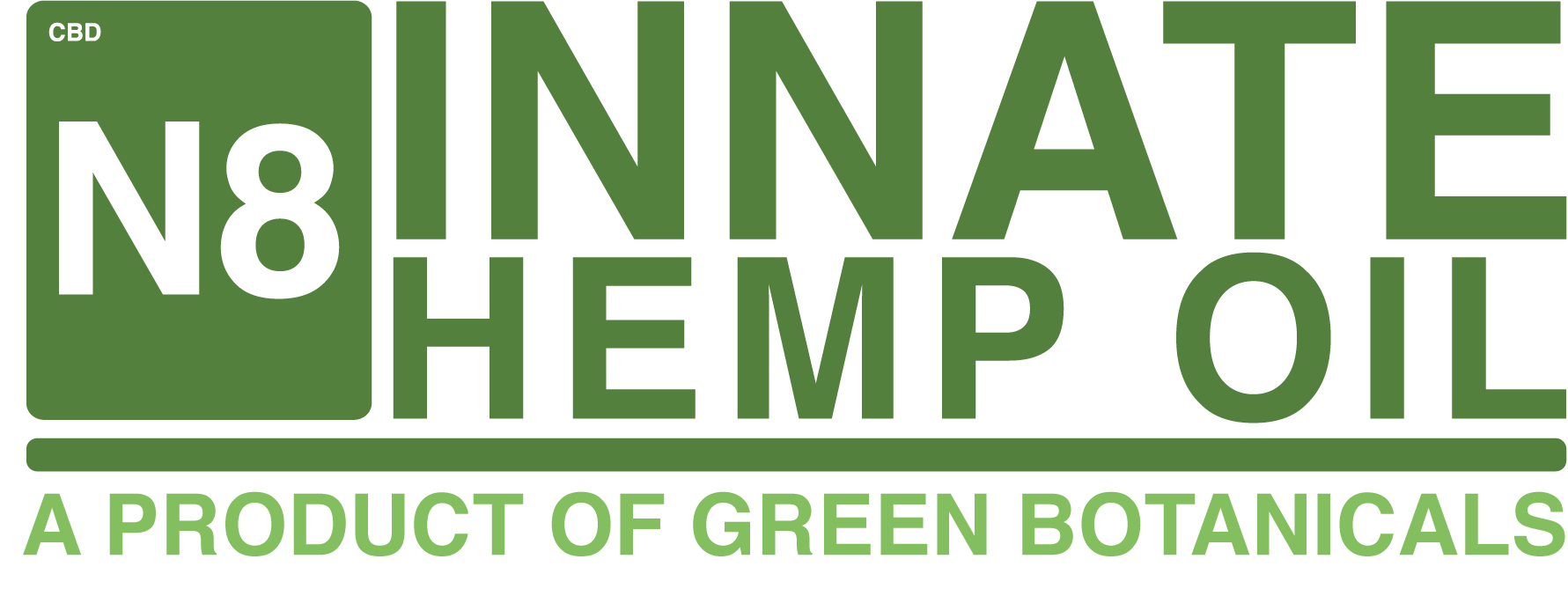Researchers Suggest Alternatives to Cancer Treatment Due to Increased Mortality Rate Following Chemotherapy
Chemotherapy is the popular, well-known treatment for cancer in the medical field. Many people are unaware that cancer drugs have roots in synthetic derivatives of mustard gas (known to be used in world chemical warfare in the 1920s and 1930s, that originally was tested on cancer patients in the early 1940s at Yale University). Although no cure was discovered, this early version of chemotherapy was able to reduce the size of tumors growing in the studied patients and was the platform for modern research on cancer drugs.
In 2013, 48% of breast cancer diagnoses were treated with radiation therapy and chemotherapy. Additionally, statistics show over 60% of patients diagnosed with non-small cell lung cancer were treated with chemotherapy. However, the natural effect of these medications is non-specific and harms healthy tissues in all of the body’s systems. Medical professionals and healthcare agencies worldwide have warned against the use of anti-cancer drugs and chemotherapy due to their immediate, short-term, and long-term toxic effects on the body.
Hospitals and oncology departments have seen a rise in patient death rates following chemotherapy treatment. A study published in The Lancet Oncology in September 2016 identified an increased risk in 30-day mortality rate in breast cancer and lung cancer patients following systemic chemotherapy treatment. This study identified the death rates in 23,000 breast cancer patients and over 9,500 men with non-small cell lung cancer. Of those that received chemotherapy treatments, 1,383 patients died within 30 days.
A large body of evidence has proven the side effects of chemotherapy treatment include the formation of new cancer cells and migration and metastasis of previous cancer cells. Studies have examined the onset of acute leukemia (white blood cell cancer) following chemotherapy for breast cancer. Additionally, the Journal of the National Cancer Institute has recognized there is a dose-dependent relationship where large amounts of chemotherapy promote larger risks of developing lung cancers in patients with Hodgkin’s disease treated with cancer drugs. Patients who experience worsening of their cancer and associated diseases/conditions after multiple (sometimes 20-100) drug treatments are warned of these harmful progressions of short-term and long-term chemotherapy treatments. Concerning the efficacy of the drugs for curing cancer, an Austrailian study notes the actual impact of chemotherapy on 5-year survival rate in American adults is an underwhelming 2.1%.
WHAT ARE THE ALTERNATIVES?
Due to the increasing literature on the toxic and morbid side effects of chemotherapy and traditional approaches to cancer treatment, many patients are choosing to use holistic, natural methods to combat cancer.
This has caused huge controversy in mainstream media, as parents of children under 18 that have attempted to use holistic measures to ameliorate their child’s conditions are under scrutiny. In one case, a 17-year-old girl named Cassandra C. was forced by a Connecticut Supreme Court ruling to receive chemotherapy treatment for her Hodgkin’s lymphoma. After the parents and the child refused chemotherapy, the Connecticut Department of Children and Families took Cassandra from her parents’ custody for refusing to provide adequate treatment for their child. This illustrates one of the main challenges that parents and children are faced with when pursuing alternative health solutions, often times against the traditional practice of medical doctors, oncologists, nurses, and surgeons.
Another obstacle to the reduction of chemotherapy usage is the methodology of recruiting patients for cancer research. Medical doctors and scientists have promoted their experimental chemotherapy drugs to cancer patients and provide a sense of hope to patients who have been diagnosed with advanced stages and terminal stage. In clinical practice, I have experienced cancer patients that have been frustrated with their medical doctors specifically forbidding them from utilizing any natural supplements, including hemp oil, as an adjunct to chemotherapy, seemingly in order to maintain the integrity of CLINICAL RESEARCH TRIALS on EXPERIMENTAL chemotherapy drugs.
The current evidence suggests that the human endocannabinoid system plays a vital role in the immune system’s ability to fight, subdue, and prevent cancer cell growth. Additionally, modulation of the CB1, CB2, GPR55, and peroxisome proliferator-activated receptor gamma (PPARy) receptors in every cell, organ, and tissue in the body play a huge role in cellular apoptosis and autophagy. These are arguably two of the most crucial functions of the cell knowing when it is becoming cancerous and detrimental to the body and essentially, kills itself and disposes of itself with N8 mechanisms. A HUGE BODY OF EVIDENCE suggests that CBD, plant-based cannabinoids, and non-cannabis plants are able to impact the human endocannabinoid system, and thus regulating the production, proliferation, and invasion of cancer cells.
To learn more about how you can reap the benefits of hemp oil, please visit our website at www.n8hemp.com
This article is not meant to diagnose, treat, or mitigate any sort of disease, conditions, cancer or pathology. Please consult with your physician if you have questions about cancer and chemotherapy.
